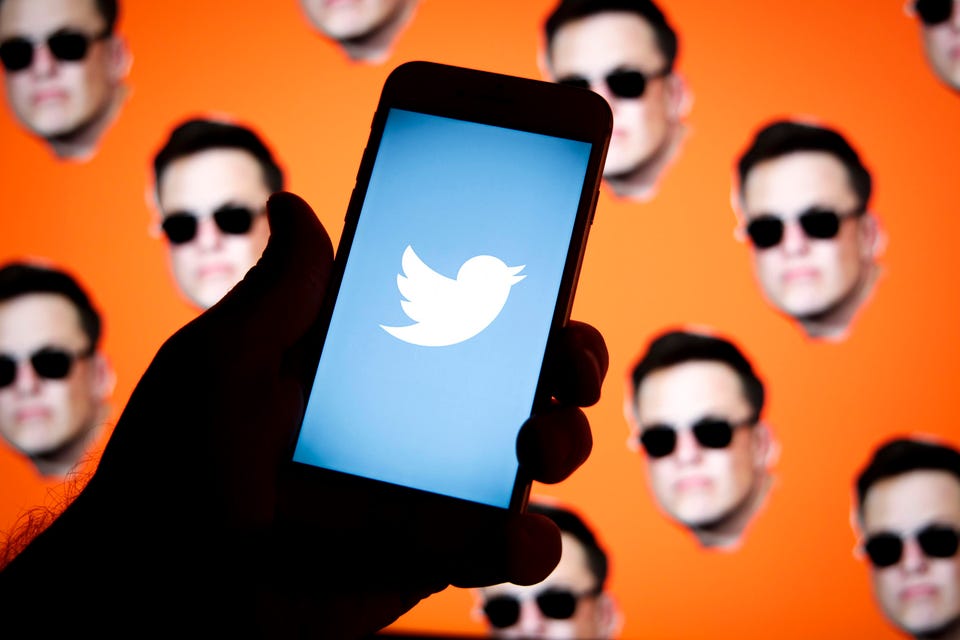Can Twitter Restore Lost Revenue?


The Twitter logo is seen on a mobile device in ths illustration photo in Warsaw, Poland on 30 October, 2022. Twitter is losing its most active users according to research done by Reuters. Despite the most impactful tweeters making up only 10 percent of the monthly users they are together responsible for 90 percent of all tweets and around half of the company’s revenue.
Last week, The Wall Street Journal reported that even though Twitter no longer reports earnings publicly since the company was acquired by tech entrepreneur Elon Musk, its revenue and earnings have been on the decline. According to insiders cited by the paper of record, Twitter’s adjusted earnings reportedly fell about 40 percent year-over-year following an advertiser exodus that occurred when Musk took it private.
This wasn’t entirely unexpected, however.
“Anyone who is surprised that Twitter didn’t make earnings estimates must not have been paying attention. Twitter’s cache has been declining for years in favor of newer platforms like TikTok, BeReal, Clubhouse, and Discord that are more interactive and thus draw that most coveted of social media consumers; young people,” explained James Bailey, professor of leadership at the George Washington University School of Business.
Bailey even suggested that compared to TikTok and the like, Twitter is stodgy and staid.
In other words, the heady days when Twitter might have facilitated the Arab Spring and been the platform of movers and shakers could be in the past. The platform isn’t irrelevant, but its best days could be in the rear-view mirror – at least as far as high-profile advertisers may be concerned.
“It has been high-jacked by politicians and talking heads as a soap-box to screech ideological folderol and vitriol,” added Bailey. “It is still the spout of choice for the well- and ill-mannered, and the well- and ill-intentioned. And news outlets of all stripes have become way too ensconced in the sound bites it provides.”
Understanding the Loss of Advertisers
The short answer for the reason behind exodus of advertisers is “Musk,” and that is certainly impacting Twitter’s bottom line.
“In the first weeks of January 2023, more than half of the top 1,000 advertisers in September 2022 had chosen to no longer spend on the platform,” explained Dr. Carolyn A. Massiah, associate chair for the Department of Marketing and a lecturer in Marketing at UCF College of Business.
“These include Coca-Cola, Jeep, Unilever, and Wells Fargo,” added Massiah. “Much like Google and Facebook, advertising dollars are responsible for the majority of Twitter’s revenue. When those revenue dollars were disrupted, Twitter began to see a sizable decline in revenue.”
Of course, the question being asked now is what should or could Twitter do to regain this revenue.
“All of the social media platforms are attempting to monetize their platforms in some way in order to diversify their revenue equations and not be as dependent on advertising dollars,” said Massiah. “Meta Platforms is introducing Meta verified. Snap Inc. introduced a paid tier in June 2022. Twitter’s attempt at this is Twitter Blue.”
However, a better option may be to have a more silent company leadership. First, it could slow the loss of remaining advertisers and perhaps even encourage those who have left that it is safe to return.
As Massiah noted, consumers increasingly don’t form relationships with products, but rather with brands. Some companies/brands may have wisely chosen to cut ties with Twitter.
“The brands who have left the platform have done so out of self-preservation,” she noted. “They want to keep the customers that they have in this tenuous economy and not be judged by the company they were perceived to be keeping and agreeing with by remaining on Twitter.”
New Revenue Streams
It is now unclear if features such as Twitter Blue could provide some additional stream of revenue, but it will in no way completely replace the revenue lost from advertisers leaving the platform.
Twitter may also need to reposition its place in the market, even as it attempts to woe back some advertisers.
“The most apt comparison to Twitter today is when parents, aunts, uncles, and grandparents got Facebook accounts,” said Bailey. “Facebook’s share prices nose-dived, but they didn’t panic and repositioned themselves as a ‘relationship facilitator’ as opposed to a ‘youthful expression enabler.’ A few business model tweaks and uncomfortable House hearings, and Facebook is here to stay. But they will never recover the mantle of ‘disruptor.’ Facebook is an information exchange commodity.”
